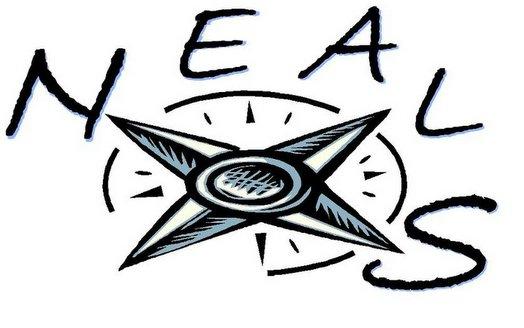RTI---Response to Intervention
I would like an opportunity to talk with all of you about a shift in policy which was written about in the last issue of "Perspectives" put out by the International Dyslexia Association. I found the whole thing pretty fascinating and am wondering if we need to initiate any changes in
our own policy here at IMS re/ testing and tutoring support.
In a nutshell, this change comes from the public school world where the idea of a "Double Deficit" has held sway since the 70's. This says that a child has to show a processing deficit as well as a discrepancy between ability and achievement ( I believe in CT it has to be 15 pt. discrepancy demonstrated through psycho-ed testing) in order to qualify for special ed. What has happened is that there are a lot of kids who receive services too late b/c this kind of deficit often doesn't show up until the later grades, so in effect, a kid has to fail before getting the help he/she needs.
This is changing now with a new idea called RTI---Response to Intervention--and it says, if a child is struggling, why don't we put the services in at the very early grades (or in later grades) and see how the kid responds? There are 3 levels of Intervention and depending at what point the kid shows improvement, the learning issues and needs are determined. The first level could just be a shift in classroom teaching --the third level might be one-on-one tutoring with a learning specialist... As I understand it, "special ed" would be at a 4th level of intervention. An important shift here is that there will not be a wait period for testing and diagnosis; intervention begins right away and learning disabilities are diagnosed through a child's response, or lack
of, to the intervention. How does this impact what we do here? More and more I get questioned as to why kids have to be tested BEFORE they get tutoring support. In reality we don't have to do anything that the public schools have to do, but I think it's important to know that these changes in philosophy are out there and the questions for us and our policy may increase.
We have the testing stipulation in place for several reasons: it enables us to say No to the family who just wants to push a kid who is getting the grades which are appropriate for his/her ability (and there is no learning difference), and hopefully it gives us a greater understanding of what works best for the student. The problem is we aren't always consistent , and I have had to say No (and Yes) to some families whose kids should be in tutoring but don't have the testing. Some families simply do not have the funds for the private testing and our school districts to date require failure before they will do the testing for free.
Another question that this issue of "Perspectives" brings up is what kind of testing is most appropriate (no one suggests that testing is thrown out altogether). What I understand from the reading is that there is a sense out there that IQ testing is too abstract to be of much help in
determining an intervention program. In other words, if a child is struggling with reading comprehension, we shouldn't be giving them a WISC, we should be giving them a diagnostic reading test. I would like to review our policy here at Indian Mountain and would like to know what other tutoring programs have in place re/ testing.
- Does your school policy require that a child receives a psycho-educational battery (usually a WISC or WJ cognitive plus achievement testing plus some projective testing) before he/she can receive tutoring support?
- Do you screen kids with other types of tests and if so, what works best for you?
- If you have read the Perspectives issue on RTI or have some other
knowledge about this new shift in policy, what are your thoughts?
I would love to get a discussion going about these questions.
Thanks for your thoughts,
Priscilla Wolf
Director of Tutoring & Library Services
Indian Mountain School

